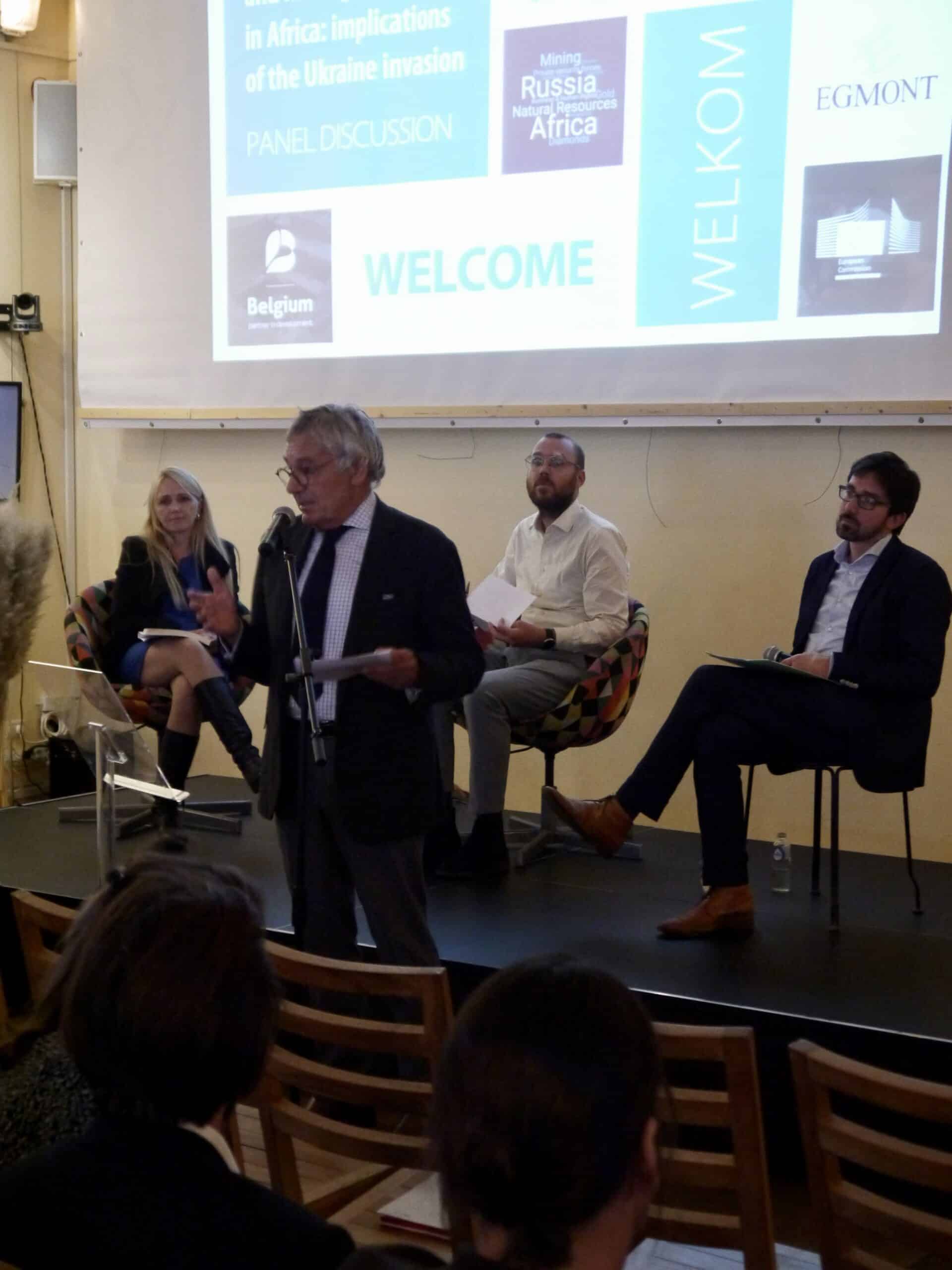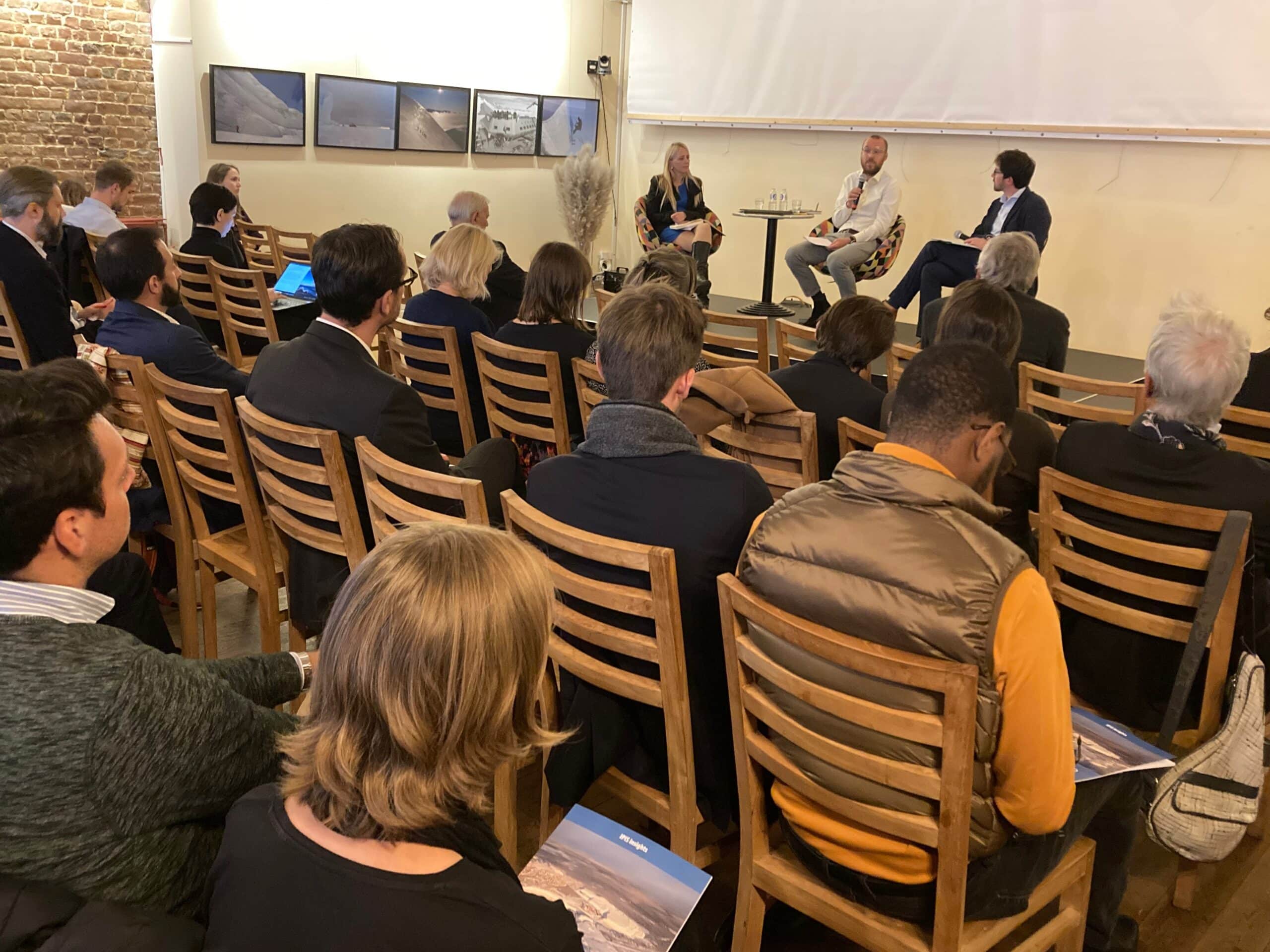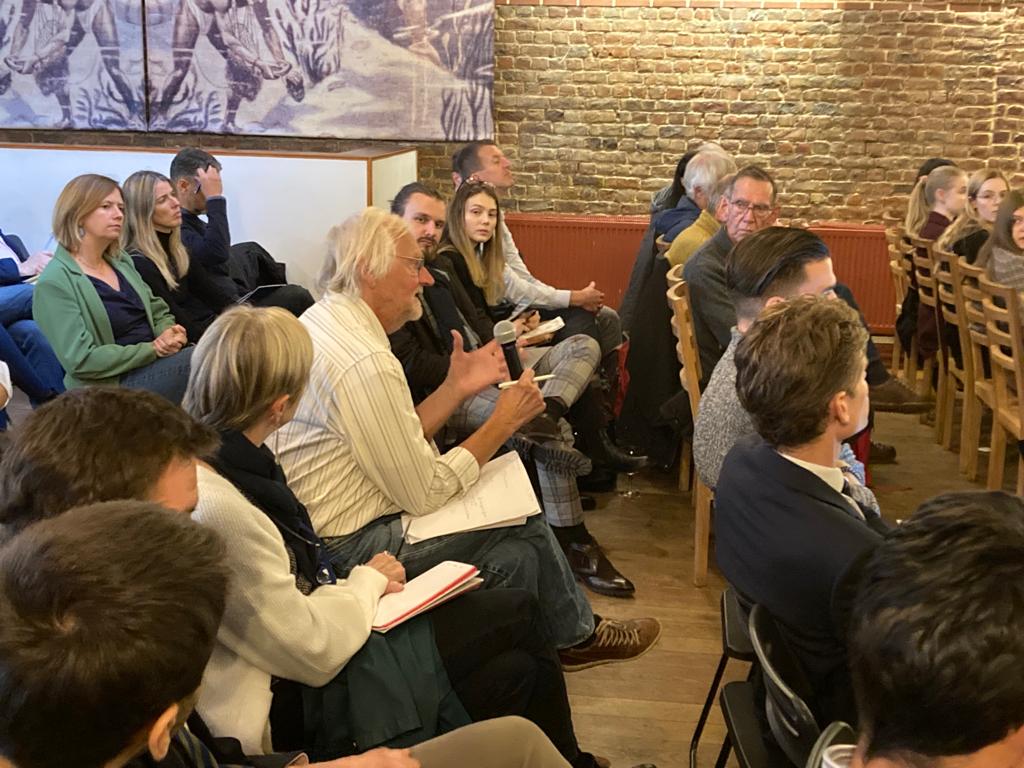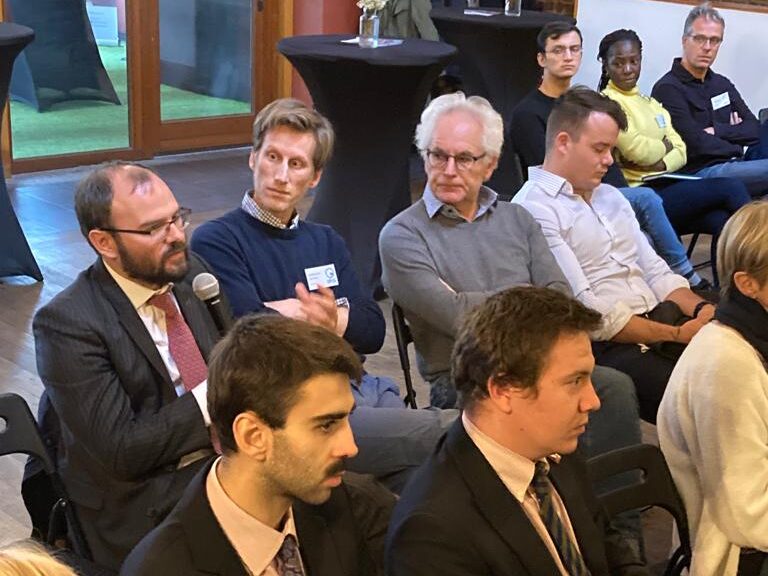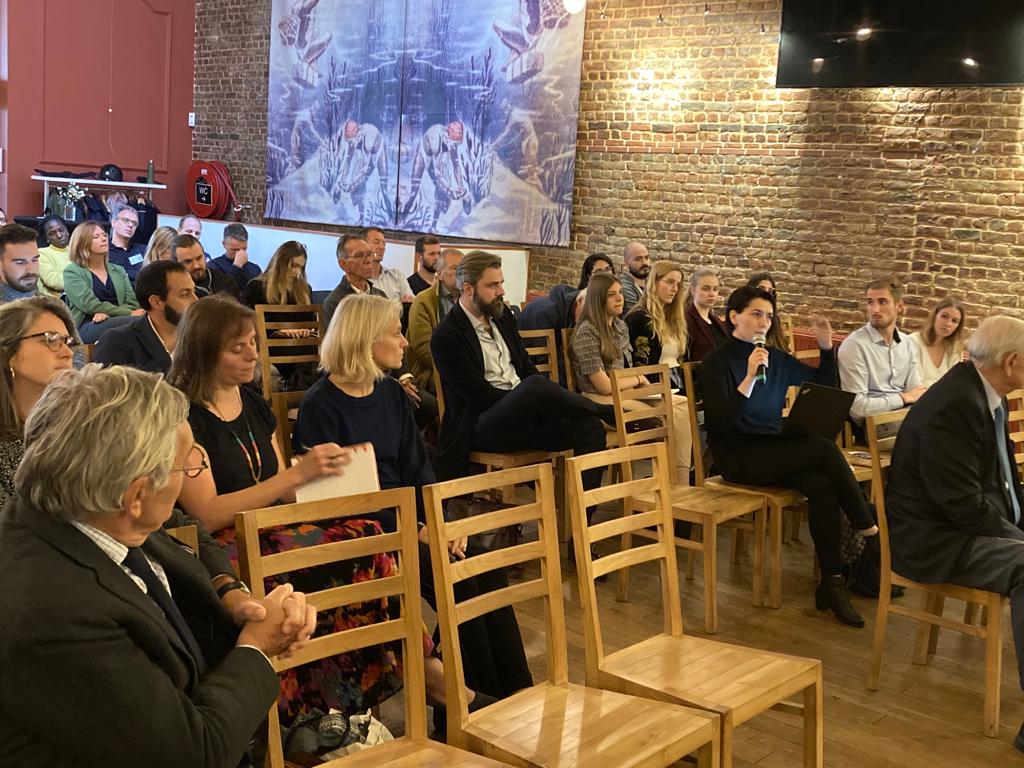On September 29th 2022 IPIS organised a panel discussion with Nina Wilén, the director of the Africa Programme of the Egmont Institute, and IPIS researcher Hans Merket. Key topics were the implications of the Ukraine invasion for Russia-Africa relations. The discussion, moderated by Filip Reyniers, touched upon shifting power balances, the role of Russian mercenaries in Africa and the impact of the Ukraine war on the African and global diamond industry.
Nina Wilén started by outlining the dynamics that are currently at play between Russia and Africa. Russia’s presence in Africa has significantly increased since its invasion of Georgia in 2008 as ensuing sanctions led Russia to look for new markets and strategic partners. As a result, Russia has doubled its trade with Africa since 2015 and has set up several bilateral defence agreements with African countries. Russia does so opportunistically. “As soon as Western powers move out, Russia moves in,” Nina Wilén said.
“As soon as Western powers move out, Russia moves in.”
Nina Wilén
Russia uses a two-pronged approach when pursuing its geopolitical interests in Africa. First, there is the official approach for which Russia looks to build bilateral relations through defence agreements. These agreements are often accompanied by military equipment that the EU or others are not willing to provide to African governments. The second approach is unofficial and relies on the networks of private military companies, such as the Wagner group. Wagner is increasingly present in conflict-affected countries to prop up their political leaders. However, Wagner is not only interested in military contracts, but also in the exploitation of natural resources. The company identifies mineral-rich areas and violently drives out local populations to profit from these resources.
Hans Merket elaborated on the role that minerals, especially diamonds, play in Russia’s geopolitics. Russia is the world’s largest diamond exporter by volume and the Russian company Alrosa is a predominant actor in the international diamond industry. With the Russian Federation owning 1/3rd of its shares, Alrosa’s diamonds saddle the industry with its biggest crisis since the blood diamonds issue around the turn of the millennium. Although there are no EU sanctions in place (yet), many jewellery companies are moving away from Russian diamonds. This tendency could be an opportunity for the African diamond industry to increase the profits from its stones.
“The invasion of Ukraine is probably the biggest crisis for the diamond industry since the blood diamonds issue of the late 1990s and early 2000s.”
Hans Merket
According to Nina Wilén, this renewed interest in African resources and the dependency on energy has shifted the power balance between African and Western countries. This has led to a trend away from a value-based approach towards an interest-based approach by Western actors.
“The dependency on energy has shifted the power balance, […] there is a trend from a value-based approach towards an interest-based approach ”
Nina Wilén
These dynamics also play out within the Kimberley Process (KP), the international organisation that aims to stem the flow of ‘conflict diamonds’. Several African countries are hesitant to take sides on the issue of the Ukrainian war, with some being concerned that putting in place sanctions against Russia will set a precedent. And as decisions within the KP are made by consensus, it is unlikely that any action will be taken regarding the question of Russia’s diamonds. It remains to be seen what this deadlock will mean for the future of the scheme.
The lively Q&A session showed how the topics at hand captured the interest of the audience.
IPIS thanks all participants for their interest in the event!

